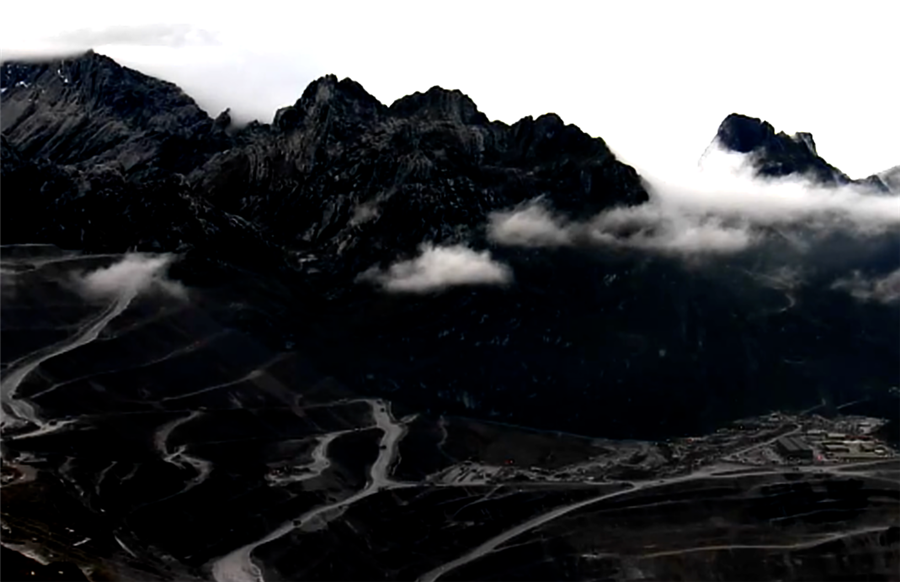Freeport plans no dividend hikes, M&A for 2 years to focus on Grasberg – CEO

Freeport-McMoRan Inc plans no dividend hikes, acquisitions or debt buybacks over the next two years as it focuses on expanding Indonesia’s Grasberg copper and gold mine underground, its chief executive told Reuters on Tuesday.
The strategy underscores Freeport’s desire to keep Grasberg, one of the world’s largest mines, the crown jewel of its operations even amid the complex task of excavating the largest underground mine ever developed at a cost of more than $15 billion.
“For two years, we’re going to be focused on this transition,” CEO Richard Adkerson said on the sidelines of the World Copper Conference in Santiago.
“If things go well with that … two years from now we’re going to be well situated to then look at further debt reductions, potentially higher dividends, potential investments in new projects, and we’ll be open to seeing if there’s anything in the global M&A market that meets our objectives.”
The Phoenix-based miner agreed last December to relinquish majority control of Grasberg under pressure from the Indonesian government, although it will remain the project’s operator.
Freeport’s production is expected to rise about 20% through the end of 2022 as the Grasberg expansion and other projects in the United States and elsewhere come online
“Our company is really going to be much better situated in two years’ time. We have confidence about this,” he said. “The Grasberg asset is so special.”
The company’s stock underperformed the price of copper in the years before the Grasberg agreement, but has outperformed the red metal’s price by more than 20 percent since the deal was signed.
Freeport’s production is expected to rise about 20 percent through the end of 2022 as the Grasberg expansion and other projects in the United States and elsewhere come online, according to Jefferies, a U.S. investment bank.
Wall Street has started to notice the growth potential. Nine of the 23 analysts that cover Freeport’s stock recommend buying it. Two years ago, only four did, according to Refinitiv data.
“Freeport has tremendous growth opportunities,” said Jefferies mining analyst Christopher LaFemina.
Some investors have suggested that Freeport should be broken up, with its Indonesian operations separated from mines in the Americas. That is a strategy that Adkerson said would not succeed.
“There are real advantages in our current structure, as we’re able to bring the global technological capability of the whole company to bear in Indonesia,” he said.
Adkerson, 72, said he had no plans to retire and was focusing on bringing Freeport through this next chapter. “I’m in good health. I want to see my vision for the company happen.”
(By Ernest Scheyder; Editing by Richard Chang and Peter Cooney)
{{ commodity.name }}
{{ post.title }}
{{ post.date }}




Comments